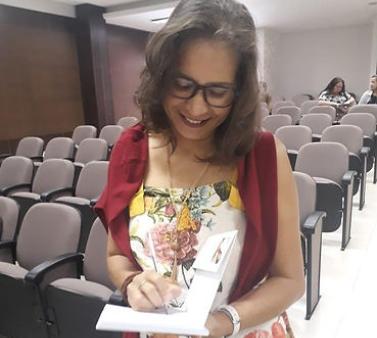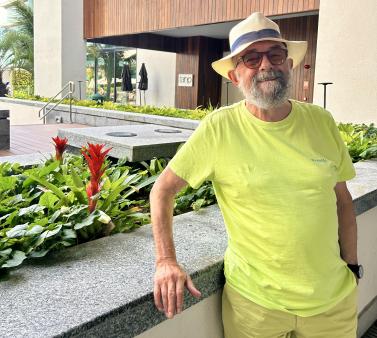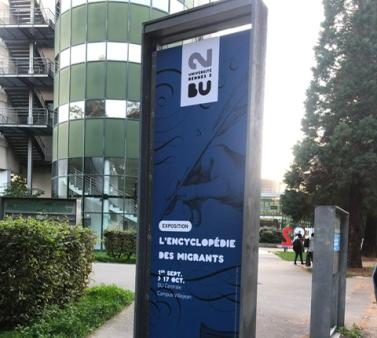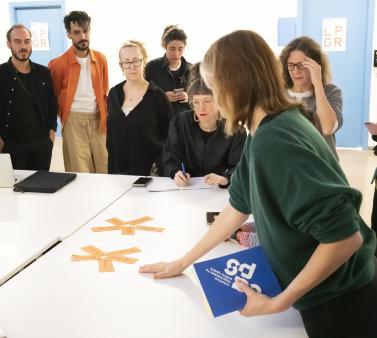While science is a common good, universities currently pay a high price for access to their researchers' work in a publishing market dominated by a few large scientific publishers. In order to recreate a more equitable model, a shift towards open science is needed.
SOcle : Clés pour la Science Ouverte (Keys for Open Science)
The university's SOcle portal, launched in January 2022, is a one-stop shop to help teacher-researchers and doctoral students implement open practices in their research work. It's a centralized platform to support them at every stage of their research, and to direct them if necessary to the right contacts at the university. SOcle also provides access to personalized follow-up and advisory services, including help in drawing up data management plans, to facilitate the funding process and, if necessary, to direct them to the relevant local and national tools. If necessary, the portal can direct users to training courses tailored to their needs, with the help of the SCD, URFIST and MSHB.
The resources accessible on the portal are organized to reflect the principles of open science at every stage of a research project, from preparation to publication, dissemination and promotion of results.
An inter-departmental team to support the development of open science and research is available to teacher-researchers and doctoral students at Rennes 2 University. Find contacts online for questions concerning publications, ethical and legal issues, training, research data and evaluation.
A lasting commitment to open science
The university has been committed to open science for several years now :
- The HAL open archive platform allows for the deposit and dissemination of scientific articles, both published and unpublished, from French and international teaching and research establishments, in all disciplines. Rennes 2 University's commitment to free and open access to scientific research has resulted in the establishment of the Rennes 2 HAL portal. Inaugurated in June 2017, the portal makes it possible to to signal and deposit the full text of their publications in this open archive.
- In the wake of a survey conducted in 2017 into representations and practices relating to academic staff’s research data, the SCD (the university library), URFIST Bretagne-Pays de la Loire (regional training unit for technical and scientific information), and the MSHB (the Brittany human sciences institute) started working together on managing research data.
- Since 2019, a research data steering committee has fixed objectives for progressively opening up university-produced research data. The remit of this steering committee was expanded in 2021 to embrace all matters relating to open science so as to coordinate a unified vision of these issues.
- A SOcle operational working group, comprised of IT professionals, engineers, legal advisers, and academics from the SCD, URFIST, the MSHB, the university’s legal unit, and the DRV (research promotion unit), provides support for researchers wishing to conduct open science.
An open science charter and other tools
Open access to publications is now mandatory for all research projects funded by the European Union. The adoption of a single Signature Charter for the University of Rennes should also improve the identification and visibility of publications in bibliometric tools, which are still notoriously ill-suited to the humanities and social sciences (SHS).
Rennes 2 Open Science Charter
- Generalise open access to publications
- Promote bibliodiversity and publishing diversity
- Make research data as open as possible
- Inform, train, and provide support for open science
- Champion science done for and by society
- Implement effective governance of open science
The university is also working on other tools to increase the visibility of its publications. For more information, please go here.




